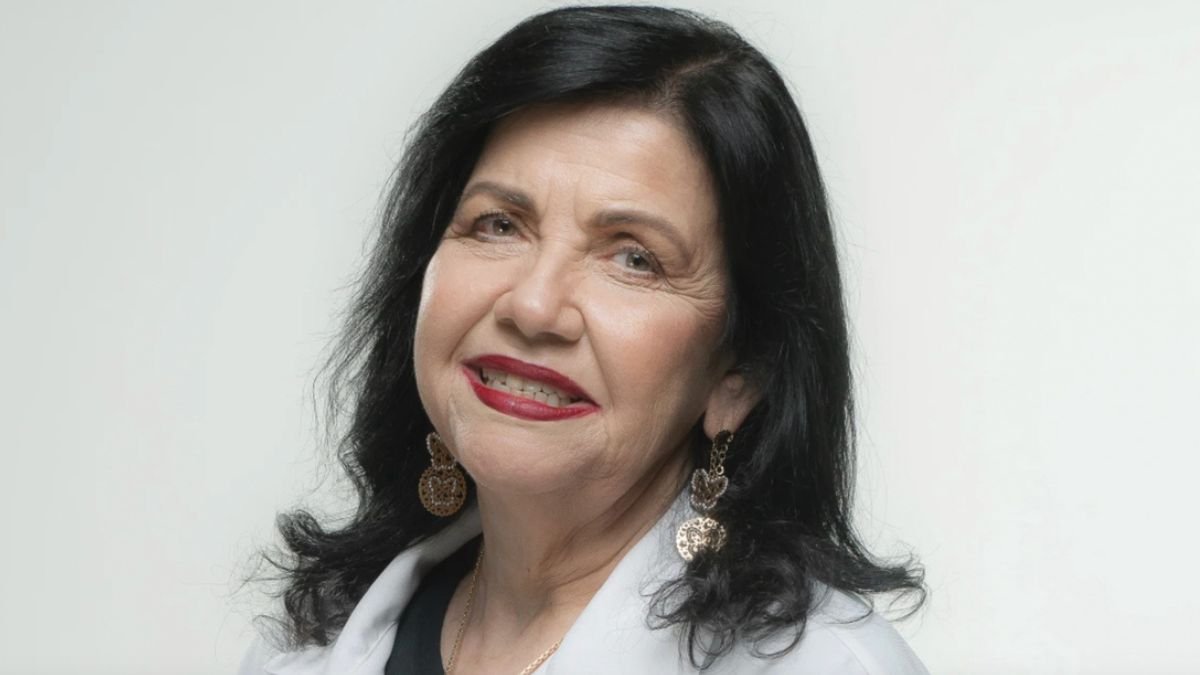Friday, 20 February 2026

Brazilian microbiologist Mariangela Hungria has been awarded the 2025 World Food Prize for her groundbreaking work in biological nitrogen fixation—a sustainable technique that enhances crop growth while reducing dependence on chemical fertilizers. Her contributions have played a vital role in advancing Brazil’s agricultural productivity
Mariangela Hungria, a microbiologist from Brazil, has been honored with the 2025 World Food Prize in recognition of her transformative research on biological nitrogen fixation—a natural process that allows crops to grow with reduced dependence on synthetic fertilizers. Her decades of work have significantly advanced sustainable farming in Brazil, particularly boosting soybean yields and helping establish the country as the world’s top soybean producer. By championing eco-friendly agricultural practices, Hungria’s work tackles both productivity and environmental concerns tied to excessive fertilizer use.
Hungria’s award comes at a crucial moment when global agriculture must meet increasing food demand while minimizing environmental harm. Her innovative use of soil microbes to replace chemical nitrogen inputs offers a promising path forward for sustainable food systems, especially as climate change and ecological degradation intensify. Established in 1987 by Nobel Peace Prize winner Norman Borlaug, the World Food Prize honors individuals who have made exceptional contributions to food security worldwide. Hungria has dedicated over four decades to studying soil and seed microbiology, focusing on leveraging beneficial bacteria to naturally enrich nitrogen in the soil and support plant growth. Hungria’s work presents a blueprint for environmentally responsible agriculture that does not compromise productivity. It contributes to reduced greenhouse gas emissions, better soil management, and enhanced food security—all essential in the face of growing global challenge